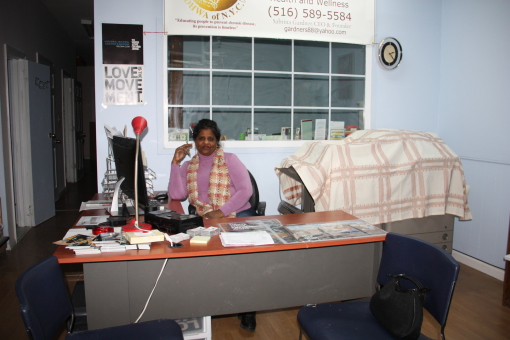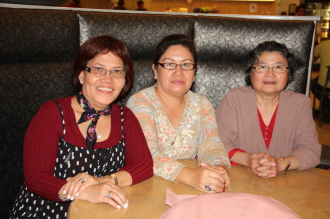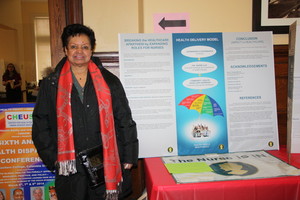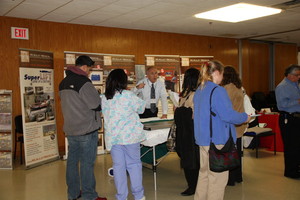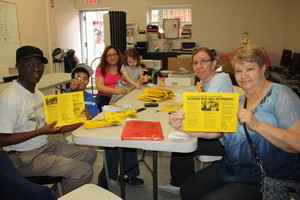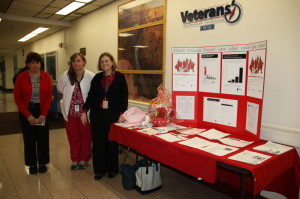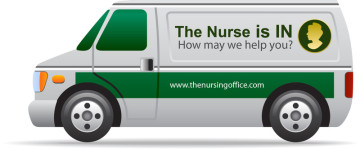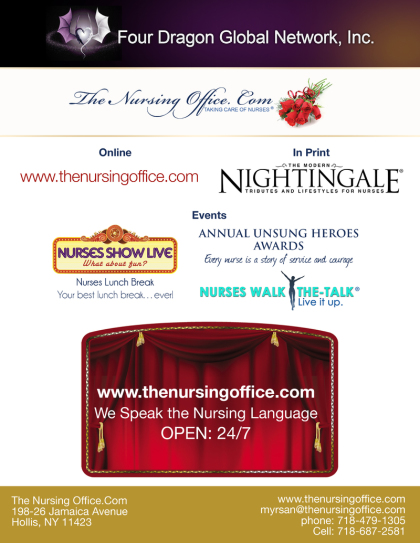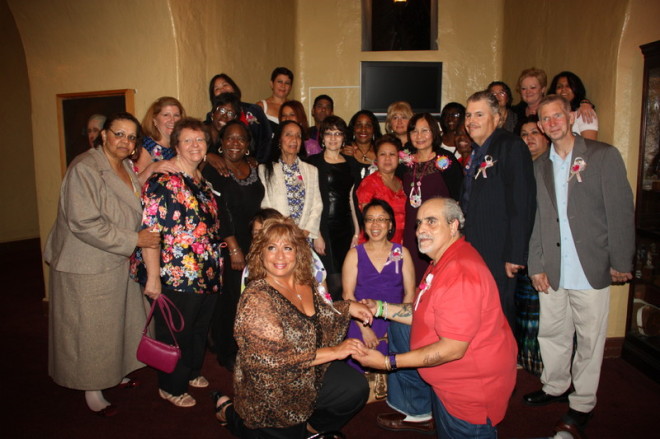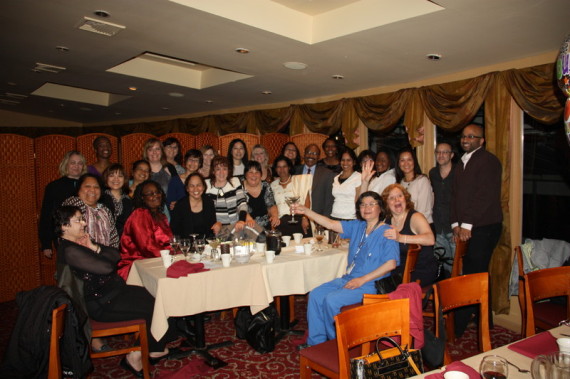TAKING CARE of NURSES
ADVOCACY for NURSES
Our Advocacy Programs for Nurses work on one bottom line principle that Nurses are Human and are not exempt from life adversaries, and other situations characteristic of a human being in a social setting.
Visions:
Promotion of a transformed culture of the Modern Nightingale
Resolution of the global nursing shortage
TAKING CARE of NURSES
Mission:
To influence the transformation of the culture and lifestyle of nurses.
To deliver healthcare to the community, local and global.
Philosophy:
I appreciate the dedication, passion and service of every nurse. I recognize their contribution to the global healthcare. I believe and support the individual and group efforts of nurses towards holistic life. I value all nurses and recognize the need to meet their basic needs: physical, spiritual, mental, social and financial so they can be freed of burden to unselfishly give service to the community.
I respect man’s dignity and autonomy toward the right to self-direction and self-preservation.
We are not taking care of nurses. Who will heal the healers?
MICHAEL KIRSCH, MD | PHYSICIAN | OCTOBER 3, 2016
On the day that I penned this post, I rounded at our community hospital. My first patient was in the step-down unit, which houses patients who are too ill for the regular hospital floor. I spoke to the nurse in order to be briefed on my patient’s status. I learned that this nurse was assigned six patients to care for — an absurd patient volume for a step-down unit.
“Why so many patients?” I asked. She explained that some nurses called off work and the patients had to be spread around among the existing nurses.This occurs every day in every hospital in the country. Nurses are routinely required to care for more patients than they should because there is a nursing shortage on a particular day. Why do hospital administrators allow this to happen? If any are reading this post, I invite your response. Enlighten us. When a nurse is overburdened, how do you think this affects quality of care and nursing morale?I suppose it saves a few bucks on the payroll, but this strikes me as very short term gain that risks medical and financial consequences. Providing high-quality medical care can’t be a rushed effort. If a nurse’s job description increases by 30 percent, do you think the quality of care and patient/family satisfaction won’t decline? Don’t administrators fear the risk of medical errors from overworked nurses? Would any of them like to be patients under these circumstances? Nurses have confided to me for years how demoralized they are that no one speaks for them. Instead of watching their backs, they often feel that they are stabbed in the back.I do not have warm feelings for labor unions, and I support right to work initiatives. But, when I see what nurses endure and the lack of support that they receive, I would support them if they moved to organize. If a third-grade teacher is ill, we expect a substitute teacher to be called in. The third graders are not simply herded into another classroom expecting one teacher to handle a double load. Many of us today are asked to do more with less. Teachers, law enforcement, businesspeople, and government program administrators know this well. At some point, you aren’t cutting fat anymore but are slicing into bone. We are not taking proper care of those who have dedicated their lives to care for us. Who will heal the healers?Michael Kirsch is a gastroenterologist who blogs at MD Whistleblower.
RECOGNITION & SALUTE to NURSES
Nursing the most beautiful hands
Skin care is one of the priorities in the care of patients. We should make it a priority for the care-givers as well.
The constant hand washing practice as well the multiple tasks associated with traditional bedside nursing predispose the nurses’ hands to the dangers of frequent contact with soap, alcohol-based solutions, water and other chemicals in the workplace. Conditions like dry, chapped hands, brittle nails, accidental cuts, roughening and calluses are frequently seen among nurses. Allergies from latex gloves are common as well.
To prevent these conditions, nurses should apply petrolatum-based creams and lotion after work and should be repeated before going to bed to stay overnight, paying particular attention over nails; inter digital spaces and the whole areas of the hands and palm to replace the lost natural oil of the skin. You may don on cloth gloves to keep the cream in your skin and not on your beddings.
Protect your hands as much as possible, wear on gloves if necessary. You work hard all these times, your hands deserve to be pampered after all, as nurses hands are one of the most beautiful hands in the world, for all the goodness and healing hands you lay upon your patients.
Myrna D. Santos, MSN, RN (2010)
Catherine D. Suba: Early Rehabilitation Initiatives





